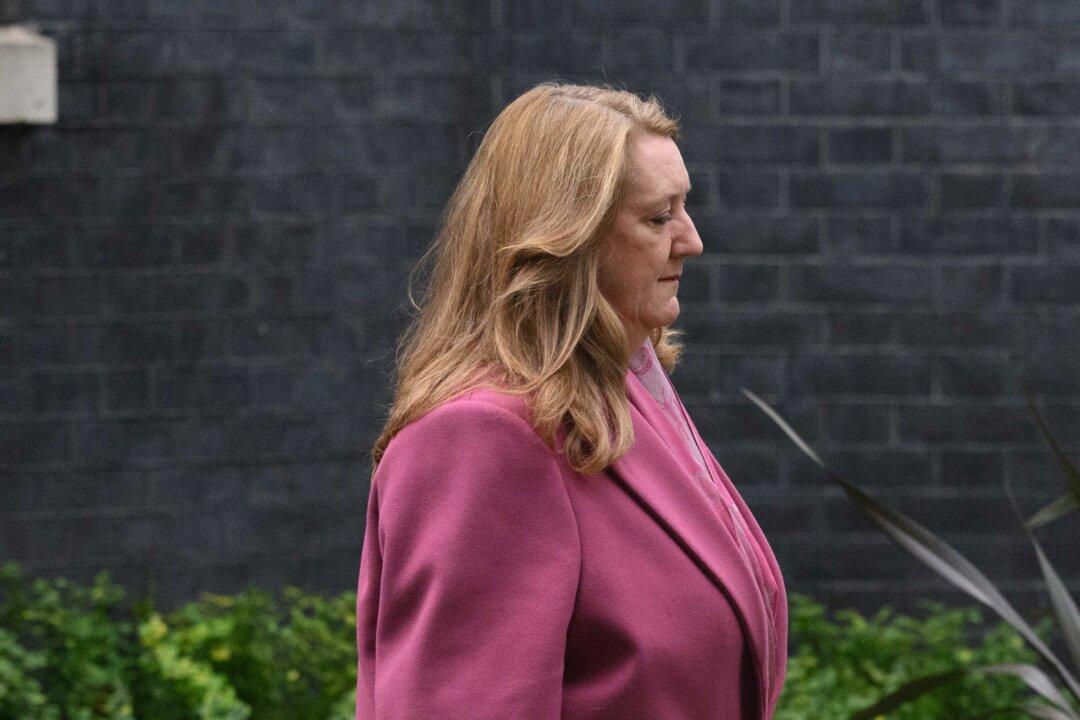The Home Office’s handling of the UK’s skyrocketing modern slavery cases has been branded a “shambles” after MPs heard a new group set up to tackle the scourge has yet to meet.
Safeguarding minister Sarah Dines faced a fiery backlash from the Home Affairs Select Committee after revealing stakeholders involved in the government’s new modern slavery forums have failed to sit around a table.





